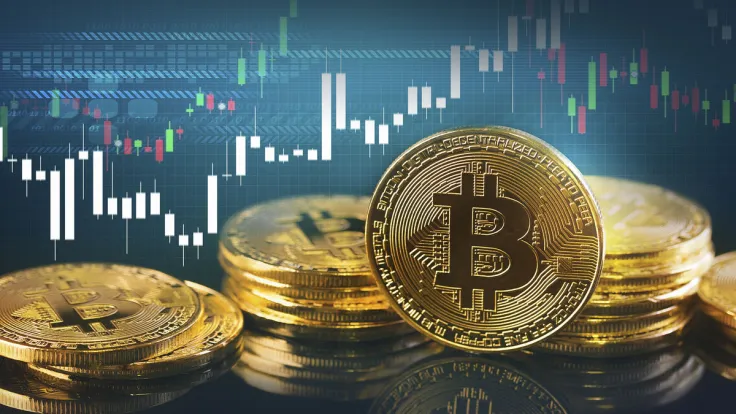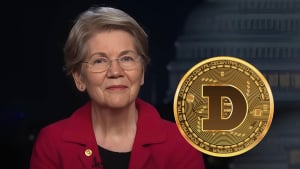
Disclaimer: The opinions expressed by our writers are their own and do not represent the views of U.Today. The financial and market information provided on U.Today is intended for informational purposes only. U.Today is not liable for any financial losses incurred while trading cryptocurrencies. Conduct your own research by contacting financial experts before making any investment decisions. We believe that all content is accurate as of the date of publication, but certain offers mentioned may no longer be available.
CTO and Senior Fundamental Analyst at Cryptocurrency.Market Leon Fu has shared the main reason why Bitcoin and crypto are growing now. When speaking about it, he referred to the mysterious creator of Bitcoin, the pseudonymous Satoshi Nakamoto.
Here's what's driving Bitcoin's growth now
Fu tweeted that Satoshi Nakamoto specifically developed Bitcoin as a response to the U.S. government bailing out banks back in 2008. Therefore, Fu believes, the main reason for pushing BTC up at the moment is again bank bailouts by the government.
Bitcoin was specifically created in response to the bank bailouts in 2008 according to Satoshi. What’s driving this rally in 2022 are bank bailouts again. 🚀🚀🚀
— Leon Fu (@leoncfu) March 31, 2023
As reported by U.Today earlier this month, back in 2011, Satoshi left a message on a Bitcoin forum, sharing his take on the banking system and the system of fiat currencies.
In particular, he said that banks require too much trust that their currency will not be devaluated by central banks. Satoshi stated that people trust banks to hold their money and transfer it electronically but "they lend it out in waves of credit bubbles with barely a fraction in reserve."
Besides, banks charge gigantic fees, thus turning micropayments into a thing close to impossible to conduct. The time banks take to make transactions is ages compared to Bitcoin and other cryptocurrencies.
Since the start of the month, the flagship cryptocurrency surged first to the $26,000 level and then topped $28,000, trading now in the $28,400 zone. On March 30, Bitcoin even neared $29,000, exchanging hands at $28,900.
Here's who's buying insolvent crypto-friendly bank
Over the past month, several major banks have become insolvent. The first three of them had worked with cryptocurrency exchanges and blockchain firms, Silvergate Bank, Silicon Valley Bank, and Signature Bank. Ripple is the former customer of Signature Bank, according to a public statement made by Brad Garlinghouse.
In a recent tweet today, Scott Melker, prominent crypto trader and podcaster, shared that Signature is now being bought by New York Community Bancorp. The latter is owned by Nicole Malliotakis, a politician from NY.
He bought NY Community Bancorp on March 17, according to the tweet, and just a few hours later it announced the purchase of the bankrupt Signature Bank.
Many in the crypto space believe that the attack against crypto-friendly banks was guided by regulators to allow Wall Street to earn the lion's share in the crypto space. Earlier this month, the Nasdaq announced that it will begin offering crypto custodial services to its institutional clients.
Perfect timing and good luck, right? https://t.co/7T6NvUwjby?from=article-links
— The Wolf Of All Streets (@scottmelker) March 31, 2023


 Dan Burgin
Dan Burgin Vladislav Sopov
Vladislav Sopov